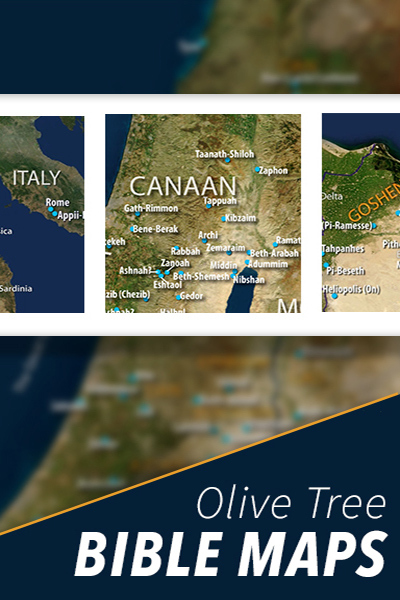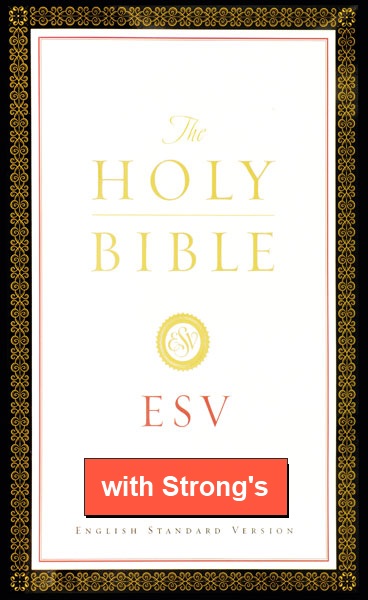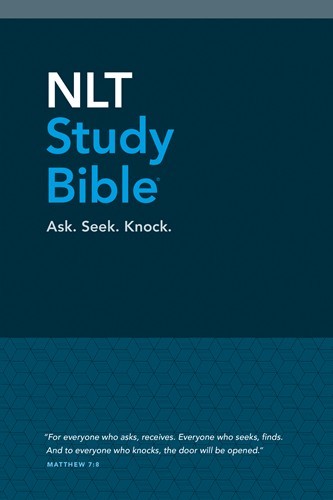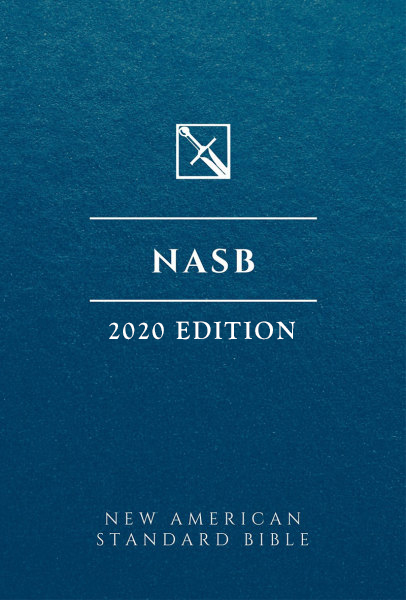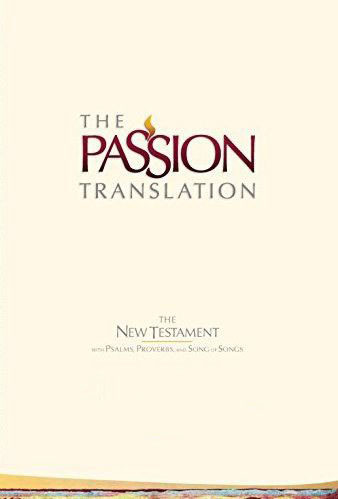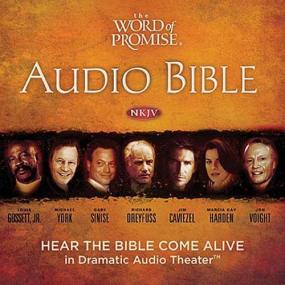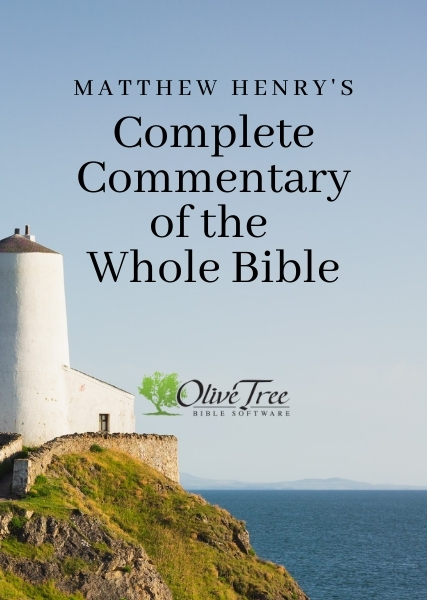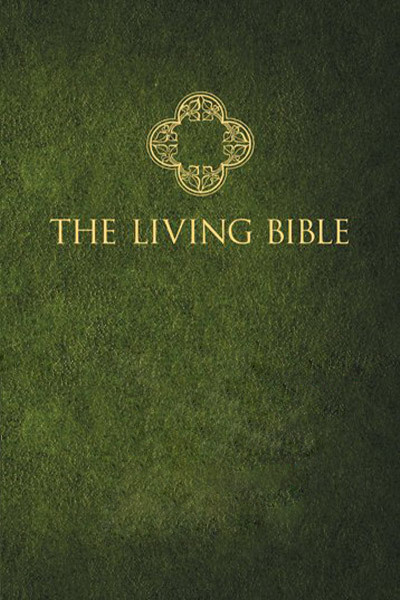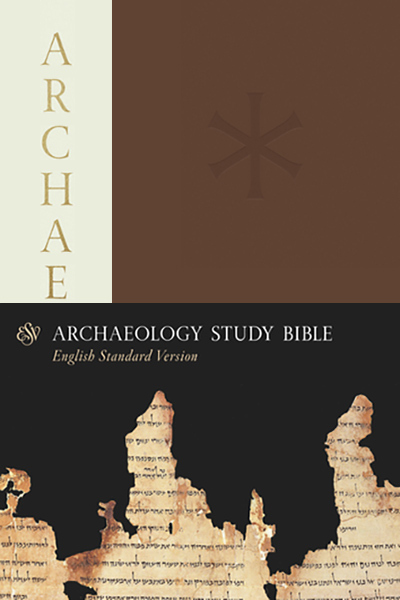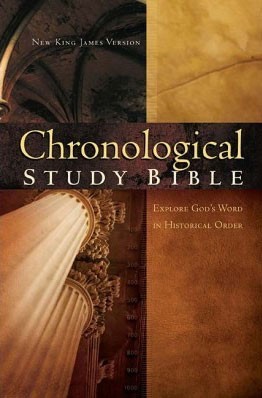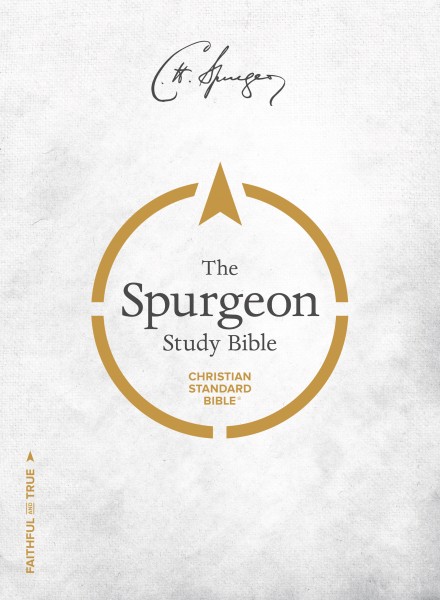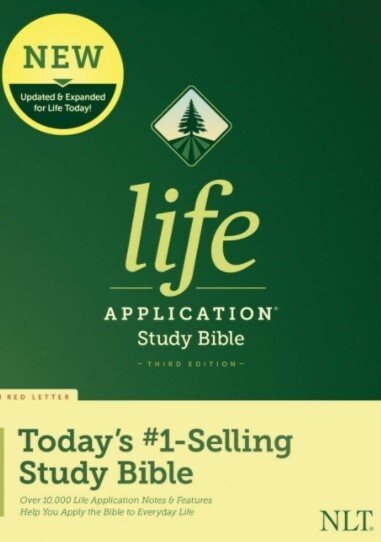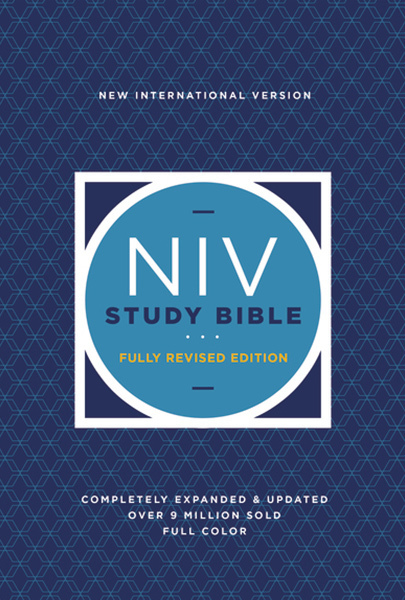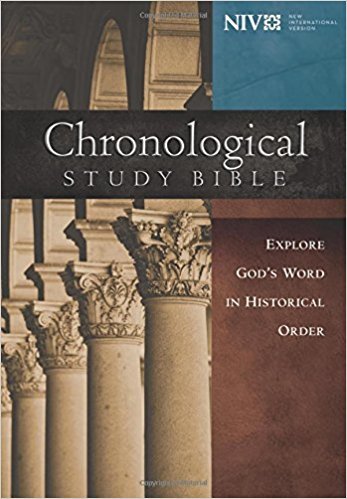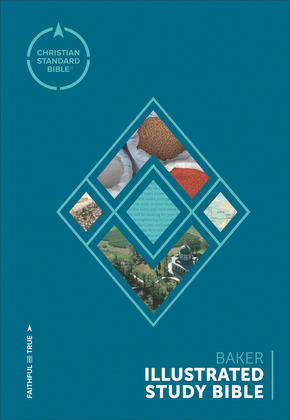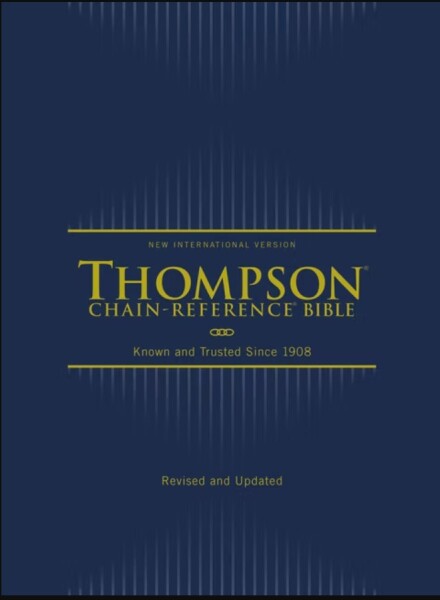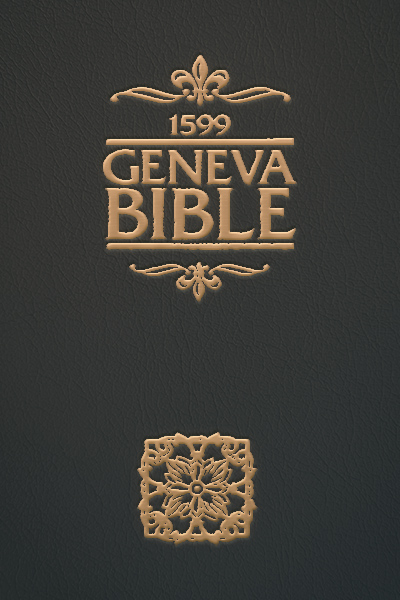Olive Tree Account
Olive Tree Account


Forgot Password
Enter the email address associated with your Olive Tree account to reset your password

Available for:
iPad, iPhone, Android, Mac, and Windows.
Features
Click on a feature to learn more.
Did your resource mention a passage of Scripture, but you can't remember what the verse says? Never fear! Tap the linked verse and a pop-up window will appear, giving you quick and easy access to the verse in context.
Vexing Gadfly
For the Olive Tree Bible App
Author: Eliseo Pérez-Álvarez
Publisher: Pickwick Publications

Vexing Gadfly
For the Olive Tree Bible App
Author: Eliseo Pérez-Álvarez
Publisher: Pickwick Publications
Available for:
iPad, iPhone, Android, Mac, and Windows.
Features
Click on a feature to learn more.
Did your resource mention a passage of Scripture, but you can't remember what the verse says? Never fear! Tap the linked verse and a pop-up window will appear, giving you quick and easy access to the verse in context.
Description
This essay on Soren Kierkegaard and economic matters from a theological perspective is well grounded in the Dane's journals. In these writings, the late nineteenth-century thinker shows his solidarity with rural residents (90 percent of the population) and urbanite menial workers. Topics include the option for the poor; the ideology of impotence; the denouncing of a competitive society; the correlation of wealth and poverty; media, church, university, and theater as social institutions shaping reality; Christendom; and the retribution doctrine. A Vexing Gadfly develops the theological themes within the timeframe of "Golden Age Denmark" (1800-1860), which includes the period of Denmark's colonial activities. The historical approach adds flesh to the bones of abstract thought and ahistorical doctrines. Contrary to common belief, Kierkegaard did articulate economic issues through structural categories such as the age, the pyramid, the building, the external revolution, "the Fire Chief," and his diagnosis of society. Ironically, the domestication of Kierkegaard's economic thought took place from the time of his death on November 11, 1855. His eulogy took place at the most important church of the country, the Church of Our Lady in Copenhagen; his burial at Assistens Cemetery was with full pomp; and by 1971, his statue joined the select club of Mynster, Martensen, Grundvigt, et al., as they surround the wealthy Marble Church.
Available for:
iPad, iPhone, Android, Mac, and Windows.
You might also like…
You might also like…






